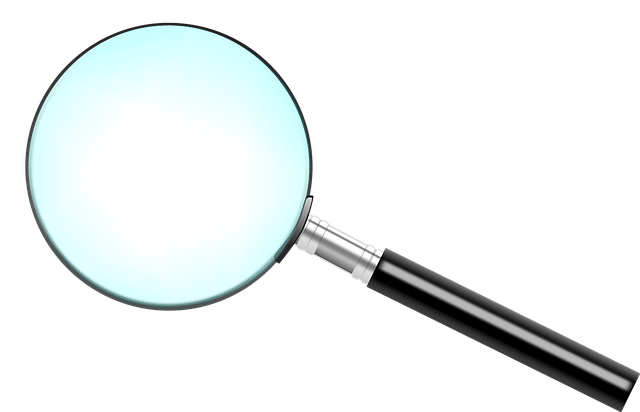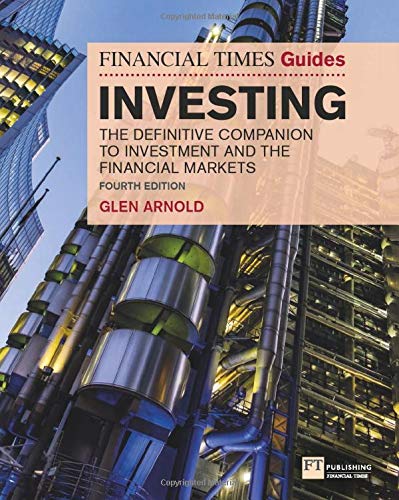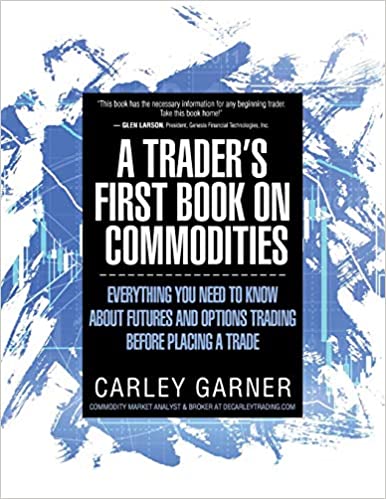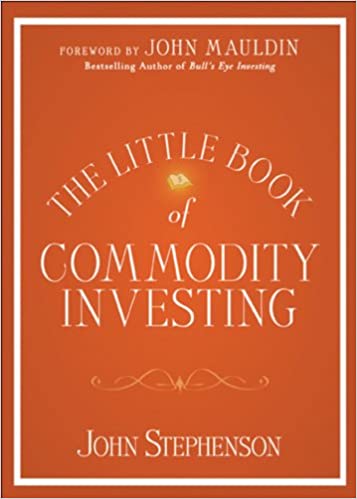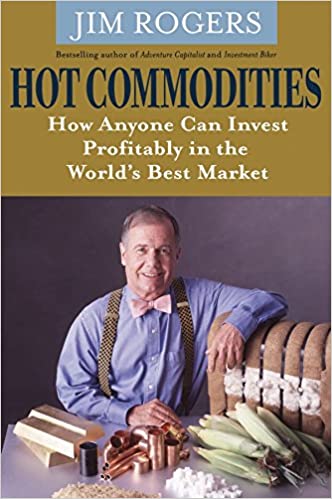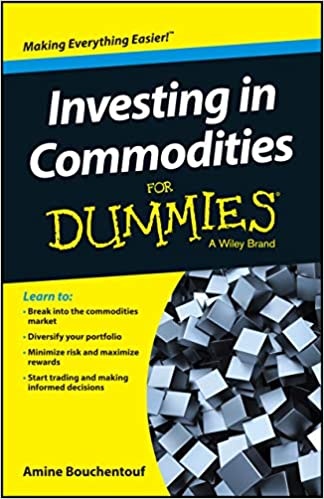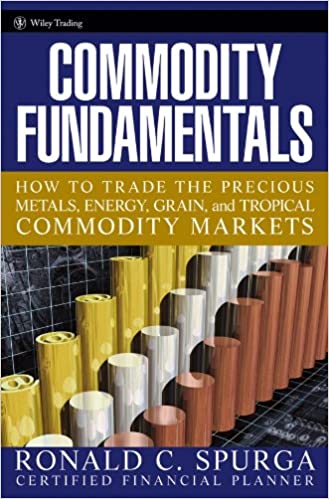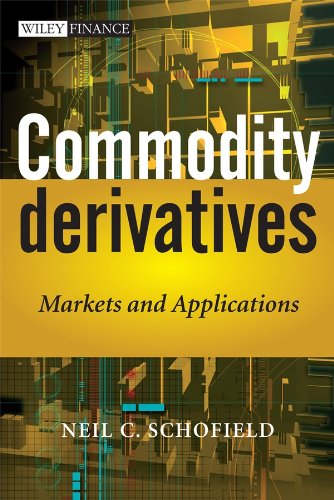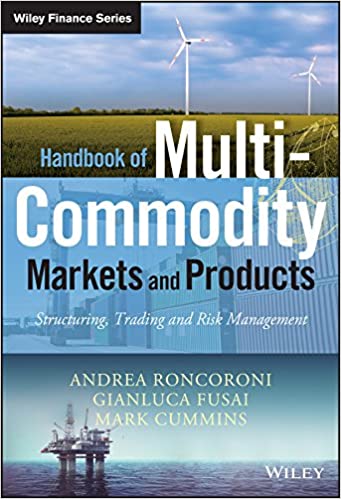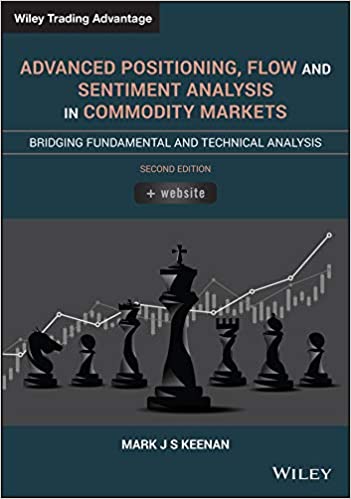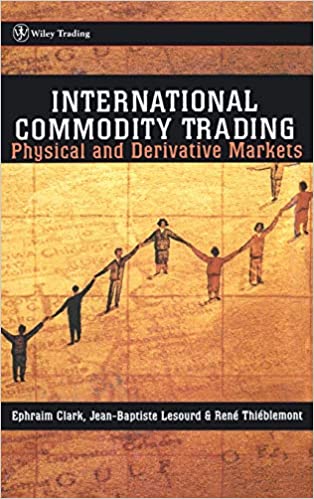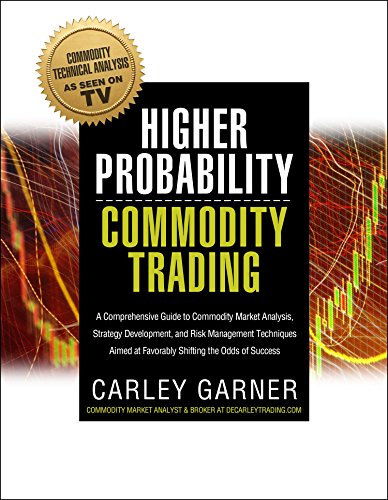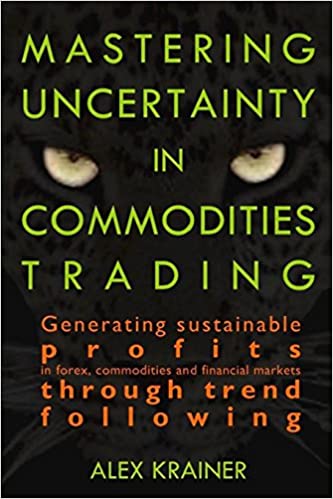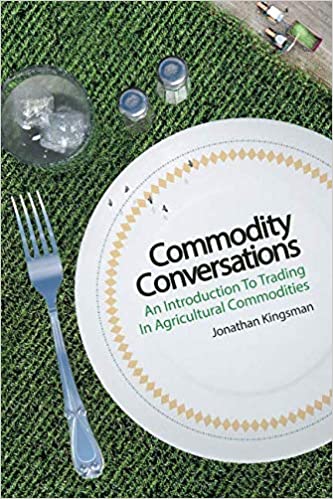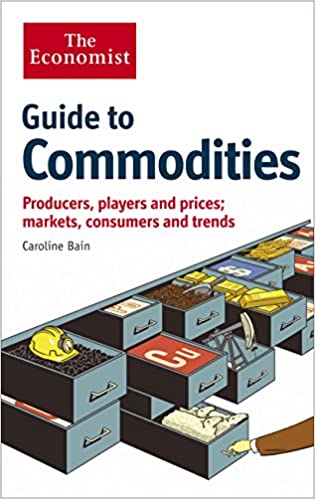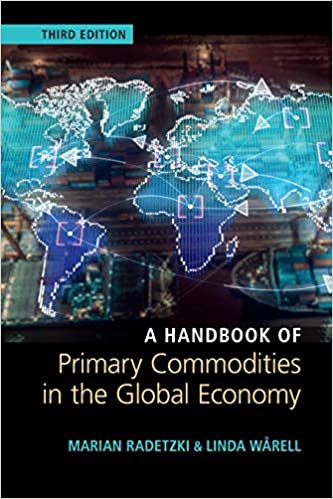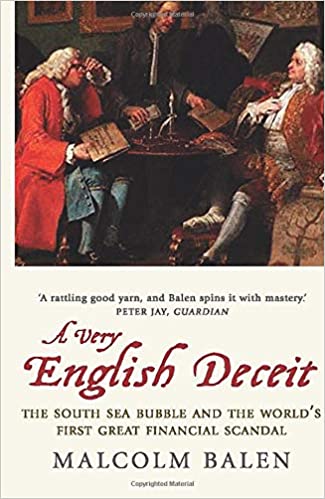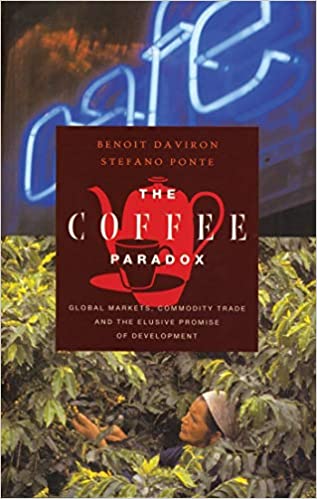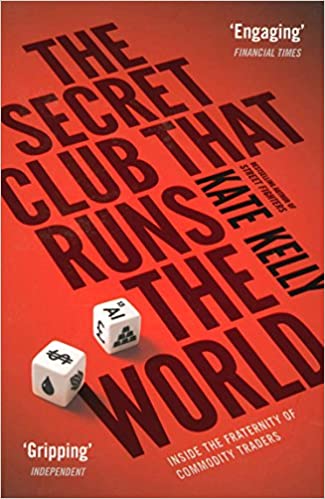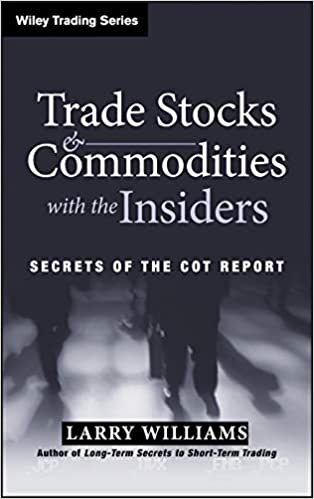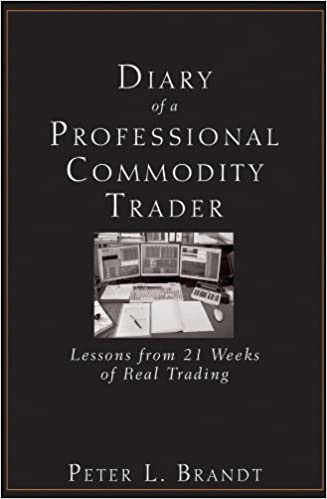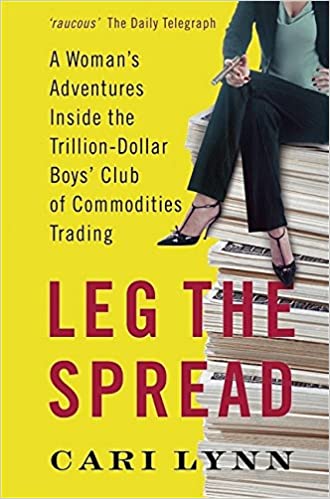Last updated: 20 December 2021. I've trawled through the realms of books available online that cover commodities, commodity trading and the history of commodity markets and have shortlisted these for you below. I top it off with our listing of the best commodities books available anywhere online or in stores.
Another option for cutting costs is to read for free with Amazon's Kindle Unlimited free trial.
Click on any title below to see the latest price from Amazon, you'll be shocked at how affordable the most popular titles are. As an Amazon Associate, I earn a small commission from qualifying purchases which helps to support this site. This does not impact how I compile the list. Happy reading!
Discover prime books on investing and finance
No boundaries, just your curiosity- Invest with confidence
- Finance industries
- Real estate & real assets
- Exotic investments
- The bigger picture
Books reviewed
Financial Expert 2024 Book Awards
Gold Prize
Financial Times Guides: Investing by Glen Arnold
Books about the economics & history of commodities
Gain a broader understanding of how the commodities market really works and what moves pricesInsider tales of commodities trading
Get the views and stories from real professionals who want to reveal all...Download all these commodities books for free with Kindle Unlimited
You DON'T even need a Kindle device to download booksHere's a useful tip that will save you £100+ on commodities books. Sign-up to Amazon's Kindle Unlimited free trial, which offers access to all titles for free for 30 days.
- There's no obligation to continue with a paid subscription.
- You don't even need a Kindle to enjoy - any device will do.
If you're cost-savvy, you'll already be calculating the savings you could unlock and the knowledge you could gain by downloading 5 books over the next 30 days.
My Top 5 Commodities Books for 2022
Click covers to see latest reviews and prices1. Mastering Uncertainty in Commodities Trading - Alex Krainer
Financial Expert Rating:
Synopsis:
"This book condenses the author's two decades of broad research into the key aspects of speculation in financial and commodity futures markets.
It investigates questions such as:
- What are the risks and opportunities in trading futures?
- Can we learn enough about market fundamentals to have an edge?
- Why do most market professionals by far underperform market benchmarks?"
Who this book is for:
A brilliantly written, fresh guide to trading commodities.
Alex Krainer has delivered a great title in the form of Mastering Uncertainty in Commodities Trading.
This book will help you understand why many speculators in the commodities market ultimately lose. Learning from their mistakes, it will provide some sage advice on how to trade commodities, in an easy to understand manner.
Current rated 4.8/5 stars on Amazon.
Financial Expert Rating:
Synopsis:
"In their quest for trading commodities profitably, beginning traders spend a substantial amount of time studying market theory, various types of market analysis, and paper-trading in the futures and options markets. Yet, almost all of them fail to take the necessary steps to ensure their trading environment is conducive for the profits they seek.
A Trader’s First Book on Commodities aims to fill the void in trading literature that overlooks the importance in making the right decisions before ever placing a commodity trade such as fully understanding market mechanics and logistics, choosing a proper trading platform, understanding order types, being aware of market data fees and policies, how to quote and calculate profit or loss in each of the commodity markets, preparing for margin calls, and the only magic in trading–humility."
Who this book is for:
The top book from Carley Garner to feature on this Financial Expert ranking, A Trader's First Book on Commodities is, as the title suggests, a beginners guide.
One of the first things that beginners will learn is the amount of overlap between commodities and derivatives.
Owing to their impractical physical form, traders prefer paper contracts such as forwards, futures and options to gain exposure to commodities without needing to physically take possession.
Carley Garner pops the lid off that complex world with clear and concise explanation.
I would recommend this book for any novice to trading, or novice to commodities trading. Due to the significant differences between equity trading and commodity trading, it's helpful to be humble and consider yourself a commodity newbie even if you've traded on the stock market extensively.
Financial Expert Rating:
Synopsis:
"The Handbook of Multi-Commodity Markets and Products is the definitive desktop reference for traders, structurers, and risk managers who wish to broaden their knowledge base. This non-technical yet sophisticated manual covers everything the professional needs to become acquainted with the structure, function, rules, and practices across a wide spectrum of commodity markets.
Structure and manage both simple and sophisticated multi-commodity deals
Exploit pay-off profiles and trading strategies with a diversified set of commodity prices
Develop more accurate forecasting models by considering additional metrics
Price energy products and other commodities in segmented markets with an eye toward specific structural features."
Who this book is for:
This is one of the few books on this page which presents itself as an 'all-in-one' guide to commodities, and manages to deliver on that promise.
Multi-Commodity Markets & Products is a broad textbook which introduces the reader to a wide variety of commodities, with each commodity given the rightful attention it deserves.
We can over-simplify when we group commodities by category or even as an entire asset class. In reality, each commodity has its own unique demand/supply characteristics which, in turn, demand a different perspective from a prospective trader.
This book, created by a team of authors, is the guide to do these markets justice.
Financial Expert Rating:
Synopsis:
"In its quest to guide traders through the process of commodity market analysis, strategy development, and risk management, Higher Probability Commodity Trading discusses several alternative market concepts and unconventional views such as option selling tactics, hedging futures positions with options, and combining the practice of fundamental, technical, seasonal, and sentiment analysis to gauge market price changes.
Carley Garner, is a frequent contributor of commodity market analysis to CNBC’s Mad Money TV show hosted by Jim Cramer. She has also been a futures and options broker, where for over a decade she has had a front row seat to the victories and defeats the commodity markets deal to traders.
Garner has a knack for portraying complex commodity trading concepts, in an easy-to-read and entertaining format. Readers of Higher Probability Commodity Trading are sure to walk away with a better understanding of the futures and options market, but more importantly with the benefit of years of market lessons learned without the expensive lessons."
Who this book is for:
The second title on this top 5 list authored by Carley Garner. She's clearly doing something right!
This is the only book I've featured within my top 5 which pushes the authors own investment strategy.
While Multi-Commodity Markets & Products remains very objective, Higher Probability Trading is a vessel for the authors well-made case that the investment strategies within are an effective way to play the commodities market.
Financial Expert Rating:
Synopsis:
"In Commodity Derivatives: Markets and Applications, Neil Schofield provides a complete and accessible reference for anyone working in, or studying commodity markets and their associated derivatives. Dealing primarily with over the counter structures, the book provides extensive coverage of both hard and soft commodities, including gold, crude oil, electricity, plastics, emissions and agriculturals.
Using structures unique to the individual market, each chapter includes an explanation of the commodity and an analysis of its physical market, discussion on the typical patterns of demand and supply and the main factors that will influence the price of the commodity, and the main products.
Each chapter focuses on how the products could be used along the physical supply chain and seeks to identify the main market risks and how they can be hedged. The book then brings into perspective how the structuring banks hedge their own resultant exposure and examines the attraction of OTC investment structures for the wholesale market.
Commodity Derivatives: Markets and Applications is essential reading for those wishing to learn about the main features of the commodity markets, the mechanics of derivatives, and how they are applied."
Who this book is for:
A textbook dedicated to the financial wizardry which allows commodity speculators to work their magic.
Commodity Derivatives, by Neil Schofield is a 4.9/5 star rated text from a credible author.
Neil Schofield is an ex-Director at Barclays, and has been training investment bankers in their trade for years.
This is a book aimed at experienced finance professionals, it's not a beginners guide.
The benefit of the book assuming a good degree of financial literacy is that it can get straight to the point quickly. In doing so, an entire volume like this can fit in a brain-busting amount of derivative knowledge.
Is Commodities Trading Suitable for Beginners?
"Give me six hours to chop down a tree and I will spend the first four sharpening the axe."
While the stock market can count ten years between the last two bear markets (2009 - 2020), the commodities market has a less impressive track record.
To name a few examples in the last decade:
- Copper fell from $3.95 in 2008 to $1.40 by the end of the same year.
- Silver fell from $26 in 2011 to under $10 in 2015.
- Corn fell from $8 in 2012 to $3.50 in 2014.
- Brent crude oil price fell from $120 in 2012 to $30 in 2016.
I'm invoking this scary data points to make a wider point that like the stock market, investing in commodities carries significant risk.
But unlike the companies which you invest in when buying shares, commodities aren't growth-seeking. They don't generate profits, create new ideas or work long hours to get the job done.
Instead, they're just a barrel of oil, an ounce of gold bullion, or a tonne of copper. Uninspired and cold.
It takes great will and expertise to successfully generate profits in the commodities market. Due to the use of derivates, commodity speculative is a zero-sum game. For every winner, there's a loser (and someone in the background taking a fee). Just like forex trading.
This makes the market a difficult and competitive place to make money.
But does this mean that investing in commodities isn't suitable for beginners?
I believe that an un-initiated novice investor should stay away from the commodities market. However, every commodity trader today had to begin somewhere.
The sensible approach, in my view, is to gain experience first in the stock market trading equities. This is a simpler financial market and gives traders an excellent feel for financial markets and what it means to be a day trader.
Then and only then, is the right time to begin overlaying an education about the commodities markets and derivatives in particular, to enable that investor to make an informed choice as to whether to begin trading commodities.
About the best commodities books
A quick overview of commodities
The definition of commodities is a tangible good, which has a purpose and can be traded. Commodities are easily traded if they can be produced to consistent quality standards, are non-perishable and are practical to transport. However, some commodities break these rules and are still widely traded due to the scale of international demand for the good.
When I raise the topic of commodities, some people quickly think of precious metals, while others hold oil up as the worlds ultimate traded commodity. But there are also a host of other categories such as agricultural commodities and base metals such as copper.
Choosing the best commodity books
Investors with different levels of experience and knowledge of the commodity and derivative markets will have very different expectations for a title on this subject matter. Often you will see Amazon reviews which indicate that readers did not check the target audience of a title before buying. That's why I've grouped commodity books together by experience level and technical content below, to make the process much easier for folks who are browsing for books about commodities.
The price range of commodity books is fairly wide - the cheapest title featured on this page sells for £8 whereas the most experience costs upwards of £70. It's the technical textbooks for finance professionals which command the higher prices.
Remember - if you buy a physical copy of a technical book, it's likely that you can sell it back once you've finished reading and recoup much of your original investment. As your browse through the commodity book choices below, have a glance at the 'used' prices to gauge how much you could save off the total price by doing this.
Another option for cutting costs is to read for free with Amazon's Kindle Unlimited free trial.
Click on any title below to see the latest price from Amazon, you'll be shocked at how affordable the most popular titles are. As an Amazon Associate, I earn a small commission from qualifying purchases which helps to support this site. This does not impact how I compile the list. Happy reading!
Explore the best books in more genres
General personal finance
Trading the financial markets

